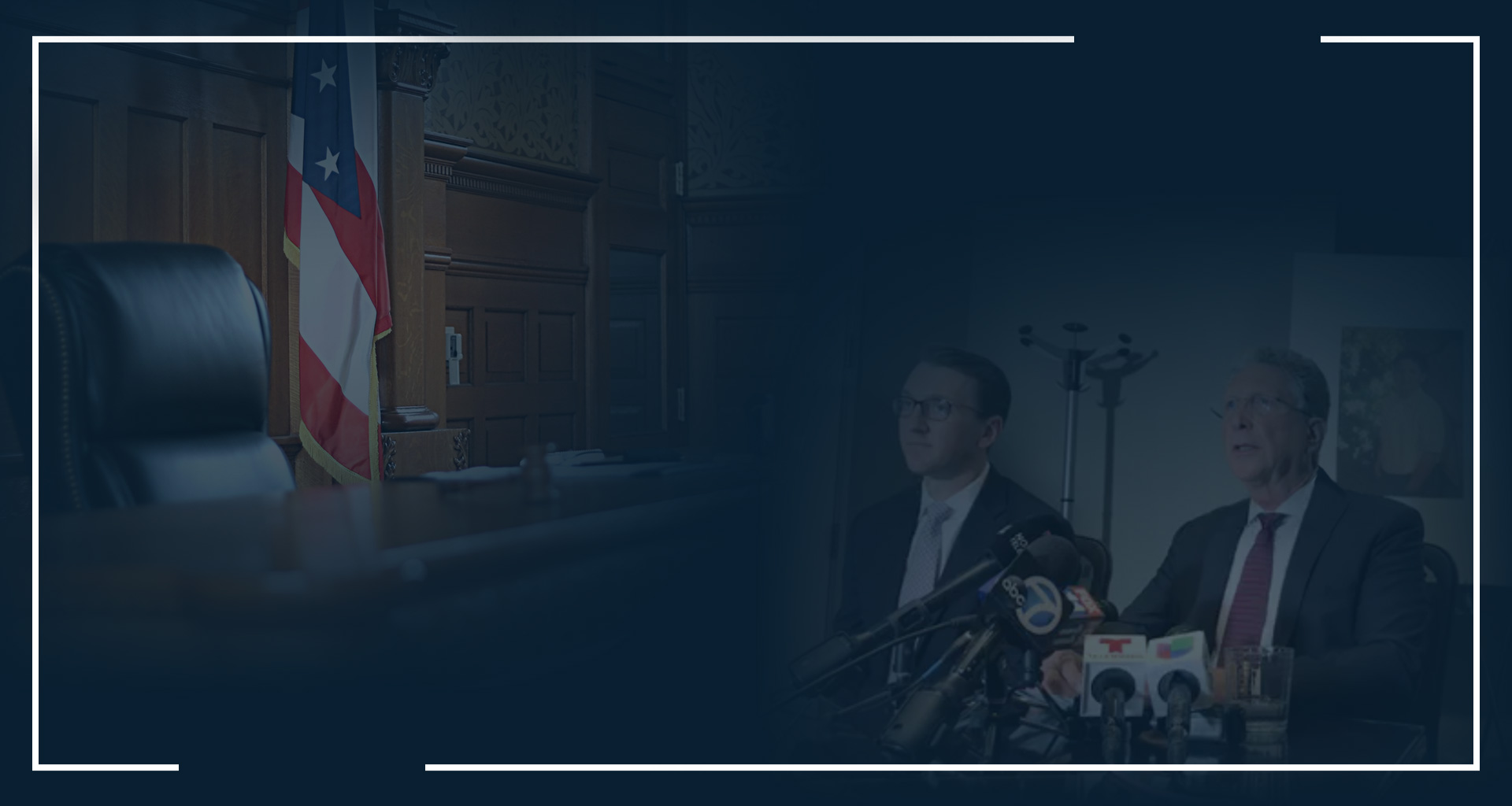Summer camps and events are often seen as places of joy, learning, and growth. They’re where kids make lifelong memories and where parents place their trust in organizers to provide a safe environment. But what happens when that trust is broken? When an incident of assault or abuse turns what should be a happy experience into a traumatic one, it can leave victims and their loved ones feeling powerless.
If you or your child has been affected by such an incident, it’s essential to know that you’re not alone. You have legal rights, and there are steps you can take to seek justice and ensure accountability.
Understanding Your Legal Rights
If assault or abuse occurs at a summer camp or event, victims and their families are protected under the law. Depending on the situation, the camp or event organizers could be held liable for failing to provide adequate care or supervision. Knowing your rights is the first crucial step in addressing the issue.
Here are some key rights you should be aware of:
- Right to Safety: Camps and events have a legal obligation to maintain a safe environment. This includes conducting background checks on staff, creating clear policies, and responding promptly to any reports of misconduct.
- Right to Report: Victims can report incidents to local law enforcement, child protective services, or both. Many states require mandatory reporting of child abuse by camp staff if they suspect or witness any inappropriate behavior.
- Right to Legal Action: Victims can pursue legal claims against the perpetrators as well as institutions that failed to protect them. This might include claims of negligence, breach of duty, or wrongful conduct.
Knowing these rights can empower victims to take the first step toward justice.
Steps to Take If an Incident Occurs
The range of emotions can be overwhelming when confronted with such a situation. Panic, anger, and fear are natural responses, but staying focused on specific actions can help ensure the best possible outcome.
1. Ensure Immediate Safety
If you or someone you know has been assaulted or abused, prioritize immediate safety. If the victim is a child still at the camp or event, contact authorities to ensure their protection. Inform camp organizers and law enforcement of the situation as soon as possible.
2. Report the Incident
Reporting can take place on multiple levels:
- Inform the camp director or event organizer immediately about the incident so that documented steps can be taken.
- File a report with local law enforcement. This creates an official record of the complaint.
- Notify child protective services if the victim is a minor.
Documentation is critical at this stage. Keep copies of any correspondence with the camp or event, take notes from conversations, and ask for written responses wherever possible.
3. Seek Medical and Emotional Support
If needed, take the victim for a medical evaluation to document any physical evidence of abuse. Equally important is seeking emotional support. Speaking with a therapist or counselor who specializes in trauma can help victims begin the healing process.
4. Consult an Attorney
An attorney specializing in cases of assault or abuse can provide invaluable guidance. They’ll help you understand your legal options, gather evidence for your case, and represent you in pursuing compensation or accountability.
How an Attorney Can Help
Navigating the legal process after a traumatic event can feel daunting, which is why hiring an experienced attorney is often one of the most important steps victims can take.
Legal Guidance and Advocacy
An attorney can clarify your rights and the type of claims worth exploring. For example, they might recommend filing a civil lawsuit for damages, which can include medical expenses, therapy costs, and emotional distress.
Investigating Negligence
Your attorney will investigate whether the camp or event was negligent. Were staff members properly trained? Was there adequate supervision? Did the organization respond appropriately to prior complaints? These questions are crucial to determining liability.
Building Your Case
A lawyer will gather the evidence required to build a compelling case. This can include:
- Witness statements
- Security footage, if available
- Background checks (or lack thereof) of the perpetrator
- Documentation of the camp or event’s policies and procedures
Negotiating Settlements or Representing You in Court
While many cases are resolved through out-of-court settlements, an attorney will be prepared to take your case to court if necessary. Their ultimate goal is to secure compensation and ensure accountability for the harm caused.
Holding Camps and Events Accountable
Preventing assault or abuse starts with accountability. By taking legal action, victims and their families send a powerful message that negligence and misconduct will not be accepted. It also reinforces the importance of camps and event organizers implementing stringent safety measures, including:
- Thorough background checks on all staff and volunteers
- Comprehensive training on recognizing and reporting abuse
- Clear policies and procedures for handling complaints
- Adequate supervision during activities
Parents should feel confident about asking camps and events detailed questions about their safety measures, especially if they’ve had prior concerns. Transparency is a hallmark of an organization that prioritizes child safety.
Seeking Justice for Survivors Nationwide
Safeguarding the well-being of minors in summer camps and events should be a top priority for any organization striving to create enjoyable, yet secure experiences. If you're seeking expert legal advice on safety protocols, or need assistance in addressing previous incidences, The Zalkin Law Firm, LLP, located in New York City, NY, is here to help. Our team is committed to providing the guidance and services necessary to uphold the highest standards of safety and legal accountability. Contact us today at (800) 477-2989 to learn more about how we can assist you in ensuring a safe and nurturing environment for all camp participants.

[1].2506181310495.jpg)
